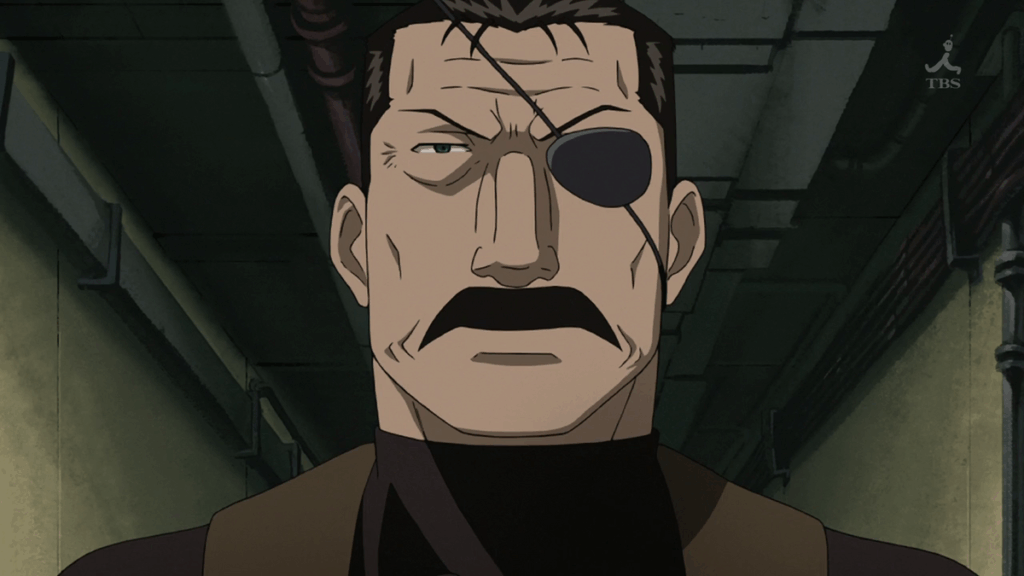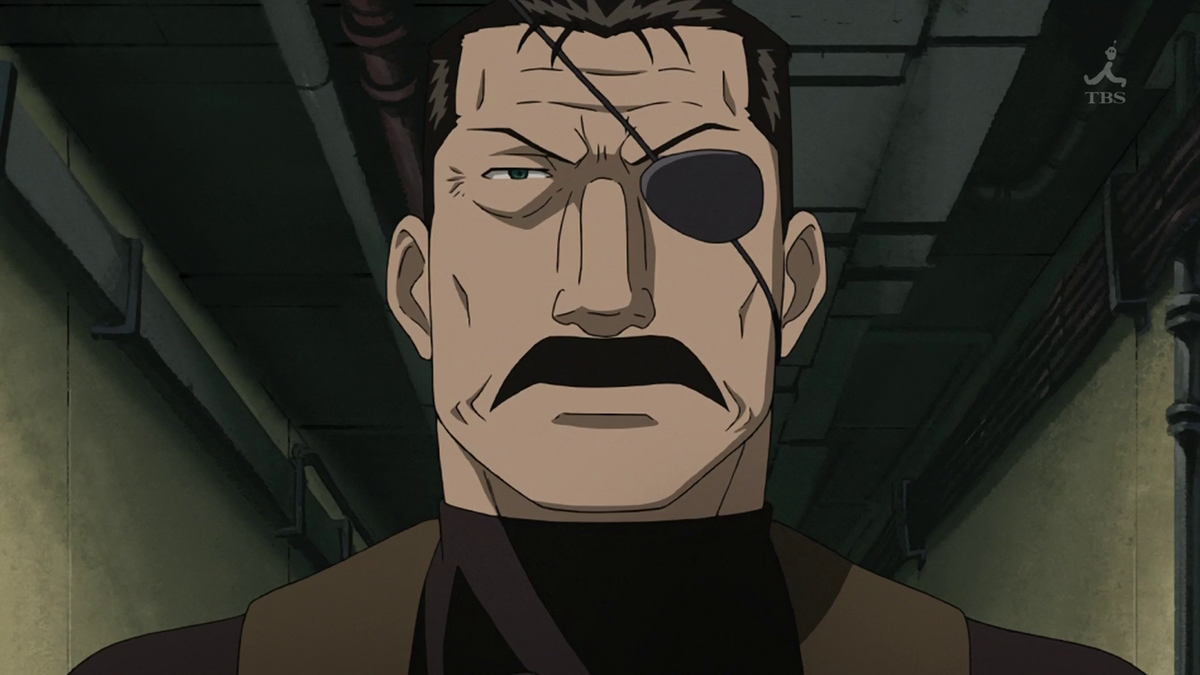
Wrath in Fullmetal Alchemist Brotherhood: Unpacking the Character of King Bradley
King Bradley, known primarily as Wrath, is one of the most compelling and multifaceted antagonists in Fullmetal Alchemist Brotherhood. His character challenges typical notions of good and evil, offering a complex exploration of duty, humanity, and the nature of free will. This article delves into the history, motivations, and impact of Wrath within the narrative.
The Origins of Wrath: A Homunculus Forged in Fire
Wrath’s creation is arguably one of the most disturbing experiments depicted in the series. Unlike other homunculi who were born from the Philosopher’s Stone, Wrath began as a human. He was one of many children subjected to a rigorous selection process by Father, the main antagonist, to become the perfect vessel for a Philosopher’s Stone.
These children were forced to undergo brutal training and education, all in preparation for the insertion of a Philosopher’s Stone into their bodies. Most died during the process, unable to contain the immense power. However, one child, the future King Bradley, survived. He managed to control the Stone, albeit imperfectly, becoming the homunculus Wrath. This unique origin sets him apart from his siblings, granting him a human perspective alongside his homunculus abilities.
King Bradley: The Führer’s Public Persona
Following his transformation, Wrath was integrated into Amestris’s military structure and eventually rose to the rank of Führer, the country’s leader. As King Bradley, he presented himself as a strong, decisive, and patriotic leader. He was respected and even admired by many, unaware of his true nature and his role in Father’s grand scheme.
Bradley’s public persona was carefully crafted to maintain order and execute Father’s plans without raising suspicion. He participated in military campaigns, delivered inspiring speeches, and generally acted as a benevolent, if stern, ruler. This duality – the ruthless homunculus Wrath hidden beneath the facade of the respected Führer – is a key aspect of his character.
Wrath’s Abilities and Combat Prowess
As a homunculus, Wrath possesses enhanced strength, speed, and regeneration. However, his most notable ability is his “Ultimate Eye,” located on his left eye. This eye grants him incredible precognitive abilities, allowing him to anticipate his opponents’ movements and react with superhuman speed and precision. The Ultimate Eye is what makes him such a formidable combatant, allowing him to defeat even the most skilled fighters with relative ease.
His fighting style is brutal and efficient, reflecting his pragmatic nature. He wields a saber with deadly accuracy, often dispatching enemies with swift and decisive strikes. He is also a master strategist, capable of analyzing battlefield situations and adapting his tactics accordingly. Wrath’s combat skills are a testament to his rigorous training and the power of the Philosopher’s Stone within him.
The Motivations of Wrath: Duty vs. Humanity
Wrath’s motivations are complex and often contradictory. On one hand, he is bound by his duty to Father and his role in fulfilling the plan. He is willing to commit horrific acts to achieve his goals, demonstrating a ruthless pragmatism that is characteristic of the homunculi. On the other hand, Wrath also displays moments of genuine humanity, particularly in his relationship with his wife, Lan Fan, and his interactions with other characters.
His marriage to a human woman was arranged, but over time, Wrath developed genuine affection for her. He valued her loyalty and companionship, and her death deeply affected him. This relationship highlights the internal conflict within Wrath, the struggle between his homunculus programming and his capacity for human emotion. Does Wrath truly love? Or is it simply a programmed response designed to make him a more effective ruler?
Wrath’s Role in Father’s Plan
Wrath’s primary role in Father’s plan was to maintain order and control within Amestris, ensuring that the country was ready for the Promised Day, the day when Father would attempt to absorb the souls of the entire population. He manipulated political events, suppressed dissent, and eliminated any threats to Father’s agenda. His position as Führer gave him unparalleled access to resources and information, making him an invaluable asset to Father.
He orchestrated the Ishvalan Civil War, a brutal conflict that served to create a massive transmutation circle, a key component of Father’s plan. He also oversaw the creation of the artificial homunculi and the experiments conducted on human subjects. Wrath’s actions, while often reprehensible, were driven by his unwavering loyalty to Father and his belief in the ultimate goal.
Wrath’s Final Battle and Death
Wrath’s final battle is one of the most iconic moments in Fullmetal Alchemist Brotherhood. He faces off against a coalition of enemies, including Greed, Fu, and Lan Fan, demonstrating his incredible combat prowess and strategic thinking. Despite being outnumbered and facing formidable opponents, Wrath manages to hold his own, displaying a level of skill and determination that is truly awe-inspiring.
Ultimately, Wrath is defeated by Lan Fan, who manages to blind him in his remaining eye. Severely weakened, he is confronted by Roy Mustang, who finishes him off with a barrage of flames. In his final moments, Wrath reflects on his life and acknowledges that he lived it to the fullest, despite his origins and his actions. His death is a poignant reminder of the complexities of his character and the tragedy of his existence. [See also: Roy Mustang’s Character Development]
The Legacy of Wrath: A Complex Antagonist
Wrath leaves behind a complex and lasting legacy. He is not simply a villain; he is a multifaceted character with his own motivations, struggles, and moments of humanity. His existence challenges the simplistic notions of good and evil, forcing viewers to question the nature of morality and the impact of circumstance on individual choices. He is a powerful antagonist whose actions have far-reaching consequences, shaping the course of the story and influencing the fates of many characters.
His story is a cautionary tale about the dangers of unchecked power, the importance of free will, and the enduring strength of the human spirit. Wrath, despite his homunculus nature, embodies many of the qualities that define humanity, including loyalty, determination, and the capacity for love. His character is a testament to the brilliance of Hiromu Arakawa’s writing and the enduring appeal of Fullmetal Alchemist Brotherhood.
In conclusion, Wrath, or King Bradley, is a character that resonates long after the credits roll. He represents a significant exploration of what it means to be human, even within the framework of a homunculus existence. His actions, motivations, and ultimate demise contribute significantly to the rich tapestry of Fullmetal Alchemist Brotherhood, solidifying his place as one of the most memorable antagonists in anime history.

